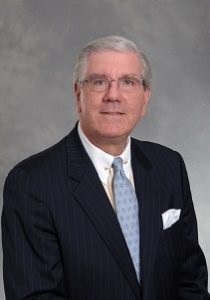
Peter H. Havens, Chairman, founded Baldwin Management, LLC in 1999 after being a member of the board of directors and Executive Vice President of The Bryn Mawr Trust Company. Previously, he organized and operated the family office of Kewanee Enterprises. He received a bachelor’s degree from Harvard College and an MBA from Columbia Business School.
In this exclusive 3,215 word interview in the Wall Street Transcript, Peter Havens runs down the list of his favorite stocks and gives the detail on why investors should take notice:
“The first one is Constellation Brands (NYSE:STZ). They’re one of the largest beverage companies in the world. Most people would know them for their beer brands. They are the exclusive importer of Modelo and Corona, two very popular Mexican brands they bring into the United States. They also have a wine business, which ranges from very inexpensive wines to some rather expensive wines.
And most recently, what has set them apart from the typical beverage business is they made a major investment in a company called Canopy Growth (NYSE:CGC), which is one of the largest of the marijuana growers in the world. They invested $4 billion in that to take a significant minority interest in the company with the right to expand, to take control of the company over the next few years.
Recently, the company reported their third-quarter earnings, and while they beat the Street on earnings and revenues, they guided down for the fourth quarter, primarily because of some softness in their less expensive wines and because of interest expenses on their Canopy Growth investment. The stock got hit pretty badly. Now trades at about $160 a share — that’s off from $227 a share not too terribly long ago. And so we think this is a terrific opportunity. The company is in good shape.”
To get all the rest of Peter Haven’s portfolio picks, read the entire 3,215 word interview in the Wall Street Transcript.
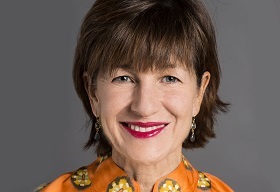
Frances E. Tuite, CFA, is a Portfolio Manager at Fairpointe Capital, LLC. She is part of the Investment Team, co-Portfolio Manager for the ESG Equity Strategy, and is responsible for investment research for both the ESG Equity and Mid-Cap Equity Strategies. In addition, she manages the 1837 LP long/short equity fund, which she founded in 2000.
Earlier, Ms. Tuite managed the 1837 Fund at RMB Capital and at Talon Asset Management — under the name Talon Opportunity Partners. Previously, she worked at Sirius Partners and Harris Associates as an analyst and portfolio manager, as a sellside research analyst at William Blair & Company, and as analyst and Director of Research at Johnson Investment Counsel. Earlier, she was employed at Procter & Gamble in their financial management training program.
Ms. Tuite received a BBA from the University of Cincinnati in finance and accounting and an MBA in finance and accountancy from Miami University in Oxford, Ohio. She passed the Certified Public Accountant examination. She is a member of the Chicago Finance Exchange, an organization for senior women leaders in finance, and a member of International Women Associates, which pursues global understanding and universal human rights. She is Chairman of the Steppenwolf’s Directors Circle and Board Chair for Recovery on Water, a nonprofit focused on breast cancer survivors.
In this exclusive 2,739 word interview, Ms. Tuite describes how her portfolio integrates ESG and high return stock picks:
“…The firm employs a bottom-up, valuation-based approach to investing. The ESG strategy that I’d like to focus on today really integrates that philosophy with analysis regarding ESG factors. ESG stands for environmental, social and governance. We integrate our investment process by evaluating companies on those criteria as well as looking at fundamentals. We have an internally focused research process that we use in the ESG strategy that combines the two.”
An example:
“A name that we added at the end of Q4 2018 is a company called Agilent Technologies (NYSE:A). They are in the health care sector and provide diagnostic and chemical analysis to life sciences and industrial companies. They also provide test equipment and consumables that help companies diagnose chemistries, whether it is an industrial, health care, academic or government agency.”
Ms.Tuite finds that other ESG investors are ignoring significant issues with many of their portfolio holdings:
“If you look at some of the offerings for ESG strategies, a lot of them are large-cap-focused and very diversified portfolios. Some of the companies we don’t really think are great ESG companies. If you look at a Facebook (NASDAQ:FB) or Amazon (NASDAQ:AMZN) that are part of these portfolios, they have some real issues. You have probably read the headlines regarding Facebook, but also look at Amazon. Its treatment of employees has caused a lot of unrest. Even Google (NASDAQ:GOOG) had some issues on the social side.”
To get more detail on this and many other ESG stock picks from Frances Tuite, read the entire 2,739 interview in the Wall Street Transcript.
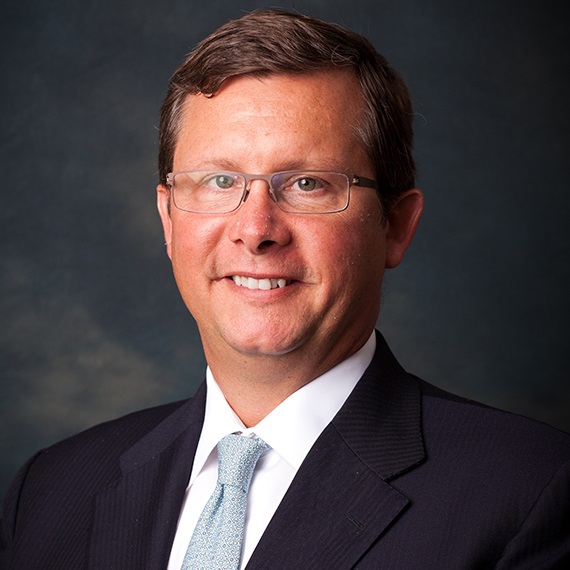
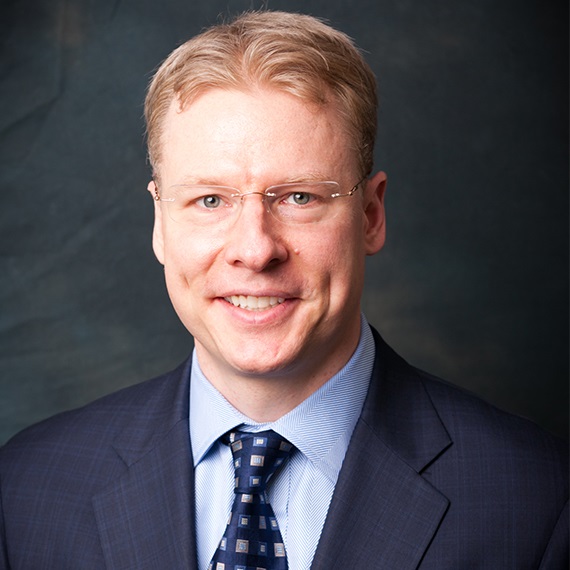
Christopher Faber is a Portfolio Manager at RMB Capital. He joined the firm in June 2017. Earlier, he was at IronBridge Capital Management, L.P., where he was Co-Founder, President, Strategy Head and Lead Portfolio Manager. He also worked at HOLT Value Associates, L.P., where he was Founding Partner.
Jeffrey Madden is a Portfolio Manager at RMB Capital. He joined the firm in June 2017. Earlier, he worked at IronBridge Capital Management, L.P., where he was a portfolio manager, and at Accenture, where he was a retail management consultant.
In this exclusive 3,302 word interview with the Wall Street Transcript, Mr. Faber and Mr. Madden reveal their in-depth small cap research methodology and some stocks that satisfy their demanding criteria.
“In the small-cap strategy, we look for small companies that have the potential to become very large companies. We’re looking for companies that are smart and healthy. We define smart as companies that allocate capital consistent with shareholder value creation. It’s measured by our CFROI — cash flow return on investment — life cycle and value creation framework that we developed at our previous firm, HOLT. We assess and identify healthy companies as those with high management skills, strong corporate culture, adaptability, candor and knowledge-building culture…”
One example in their portfolio:
“West Pharmaceutical Services (NYSE:WST) is a health care equipment company that has been in business since 1923. The company has remained in business for nearly a century given its strong competitive position as a critical provider for both containment and delivery systems of complex biologics, and it has 70% market share. The company is a supplier to the top 75 pharmaceutical and biotech injectable companies. Moreover, there are significant switching costs, as the FDA requires the same delivery system used in clinical trials after a therapy is approved.”
To get greater detail on this and other portfolio stocks for Christopher Faber and Jeffrey Madden, read the complete 3,302 word interview in the Wall Street Transcript.
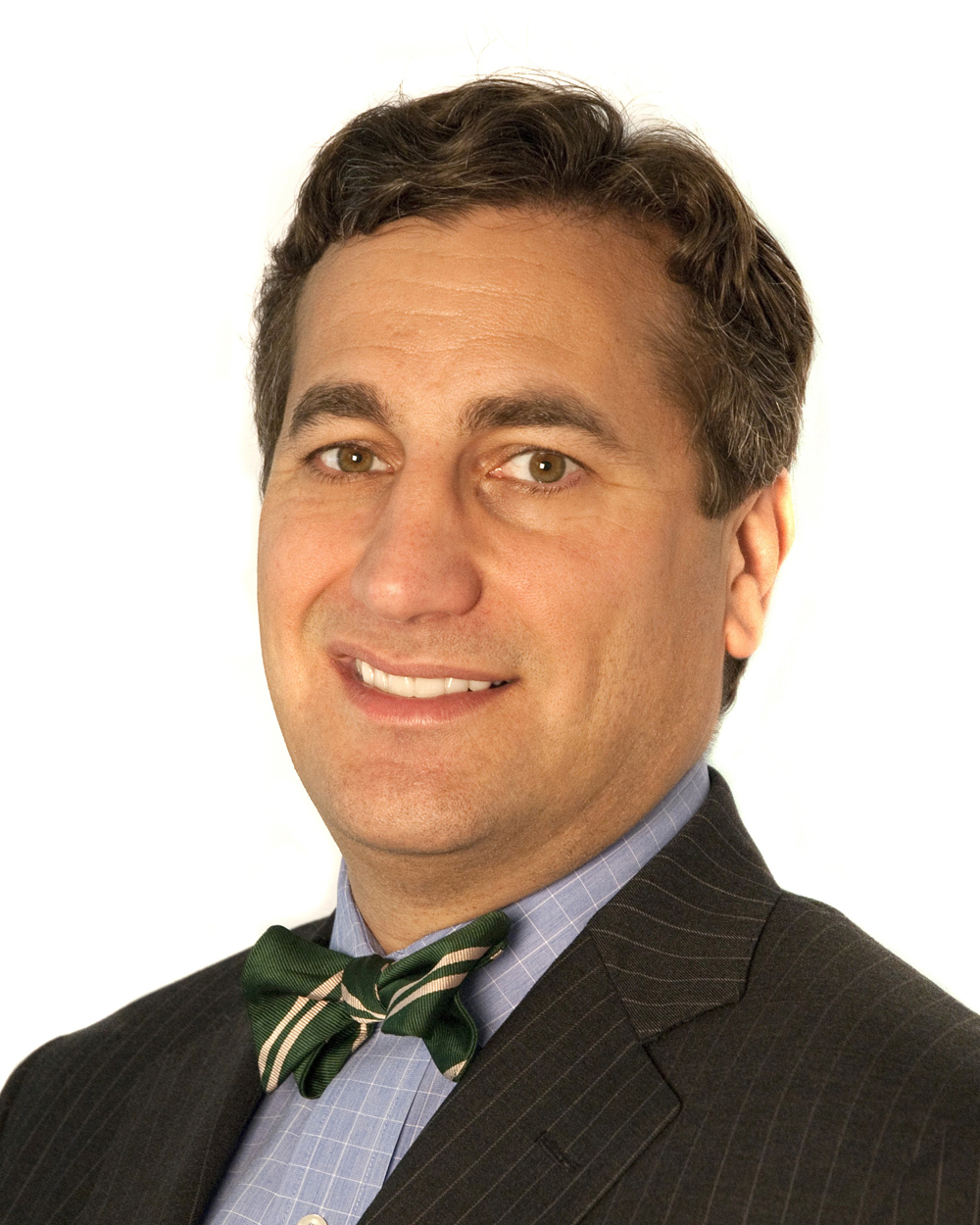
Gregg T. Abella is a Co-Principal and Portfolio Manager at Investment Partners Asset Management. After graduating from Bowdoin College in 1992 with degrees in both economics and Spanish, he began his professional career at Chubb & Son in the International Division of the Surety Credit Department handling Latin America and Europe.
Mr. Abella subsequently held a number of positions with Chubb, ultimately establishing and managing the Guaranty Department for its subsidiary, Chubb do Brasil, in Sao Paulo, Brazil. His multinational experience and credit analysis skills bring a unique global perspective to the firm’s clients. Mr. Abella has earned the Accredited Investment Fiduciary — AIF — professional designation from Fiduciary 360 and has received formal training in investment fiduciary responsibility. He joined Investment Partners in 1998.
In this exclusive 3,586 word interview with the Wall Street Transcript, Mr. Abella details some opportunistic investments that make sense in this chaotic market.
“One fund in particular that we’ve been interested in is called CBRE Clarion Global Real Estate fund. The symbol’s IGR. It is a fund that basically invests in REITs, and REITs as an asset class, last year, like many asset classes, had a negative return. I think the North American REIT Index was down about 5%, and the global index for REITs was down almost double that.
When you have an asset class that hasn’t worked very well, sometimes in the closed-end fund space, the gap between net asset value and share price gets even more out of whack.
So toward the end of the year, on top of the fact that the asset class wasn’t popular, you had tax selling and a couple of other events all coming together at once, and at one point, this fund traded at a 19% discount to its underlying assets. And since it is an asset class that tends to pay dividends, this fund in particular was paying out a distribution rate that’s between dividends and return of capital on a monthly basis — at an annualized rate of 9%.”
To get more detail on this and other interesting trades from Mr. Abella’s portfolio, read the entire 3,586 word interview in the Wall Street Transcript.
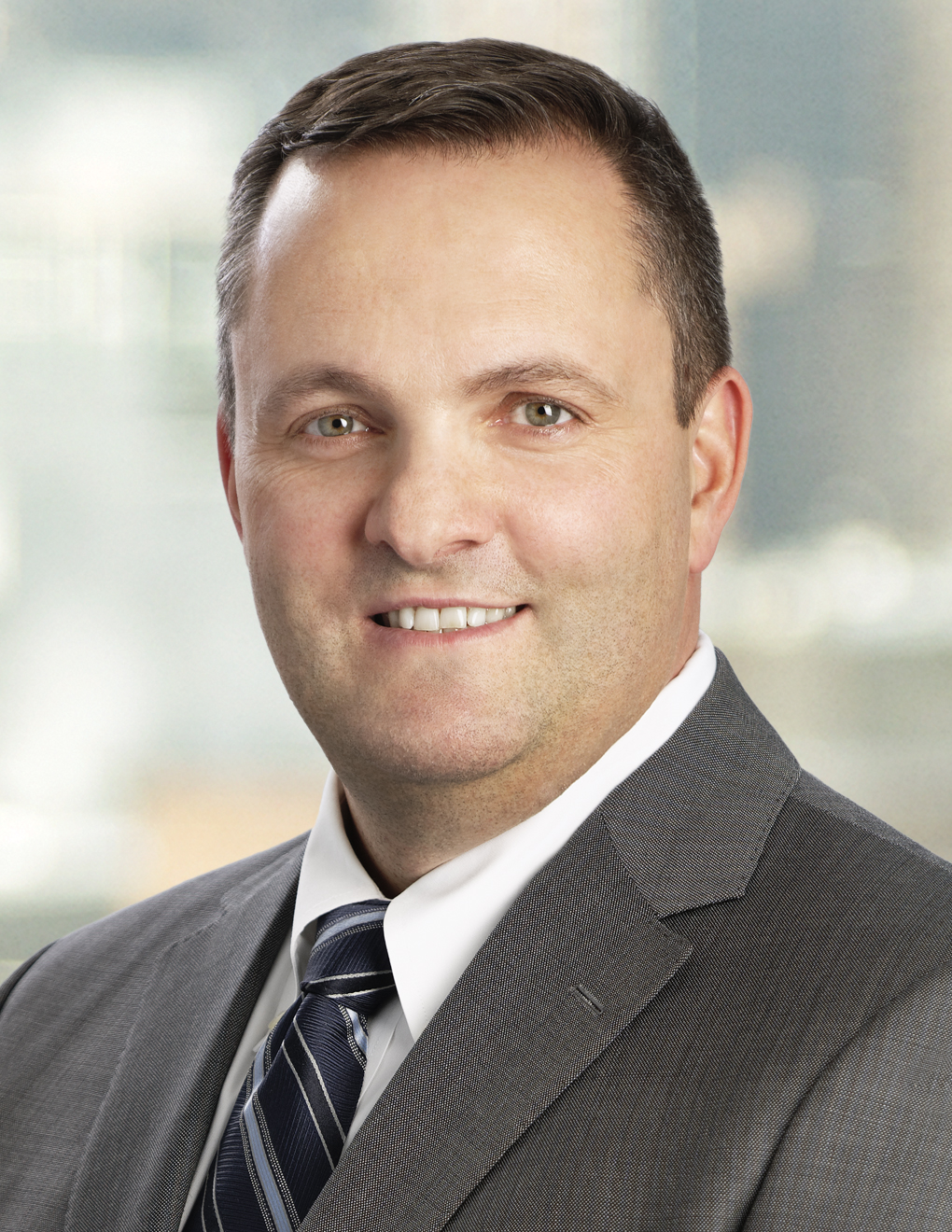
Keith Chiasson is Senior Vice President, Downstream of Cenovus Energy Inc. Mr. Chiasson is responsible for optimizing the price Cenovus Energy receives for its products through marketing, transportation and refining. This includes all commercial activities associated with crude oil, diluent, natural gas, natural gas liquids and other hydrocarbon products produced or acquired by the company. Mr. Chiasson also manages Cenovus’ interest in its refining joint venture and is responsible for the Bruderheim rail terminal. In addition, he oversees supply chain management across the company’s operations. Mr. Chiasson joined Cenovus in 2016 to lead oil sands production operations. He’s a mechanical engineer with more than 20 years of experience in the oil industry, primarily with Imperial Oil and ExxonMobil.
In this exclusive 2,177 word interview with the Wall Street Transcript, Keith Chiasson demonstrates the complexity of managing both and oil and gas production company as well as the downstream refinery and shipping business.
“…We’re also a 50% owner in two refineries in the U.S., a joint interest owner with Phillips 66. Those refineries have refining capacity of 480,000 barrels a day, with a net to Cenovus of 240,000 barrels a day. And in 2015, we purchased the Bruderheim Energy Terminal, which is a crude-by-rail loading facility in Alberta, and it’s part of our strategy to create additional transport options for our products to capture global prices for our oil.”
Mr. Chiasson is proud of his company’s ability to deliver on its projections:
“Our number-one priority was to deleverage our balance sheet, which we’ve made significant progress on over the past year, and we’ll continue through 2019 reducing our net debt position. I think it’s very impressive when you think of a sustaining capital reduction of 70% from 2014 to 2018, and those costs are essentially locked in because it was structural changes to how we sustain that production.
And then also, being an industry leader in unit operating costs as well as SORs — steam-to-oil ratios — really positions the company well to take advantage as light heavy oil prices improve over time. This company has significant capability to generate free funds flow at commodity prices that we’re seeing today.”
Get the full 2,177 word interview in the Wall Street Transcript and get the complete, verbatim picture.
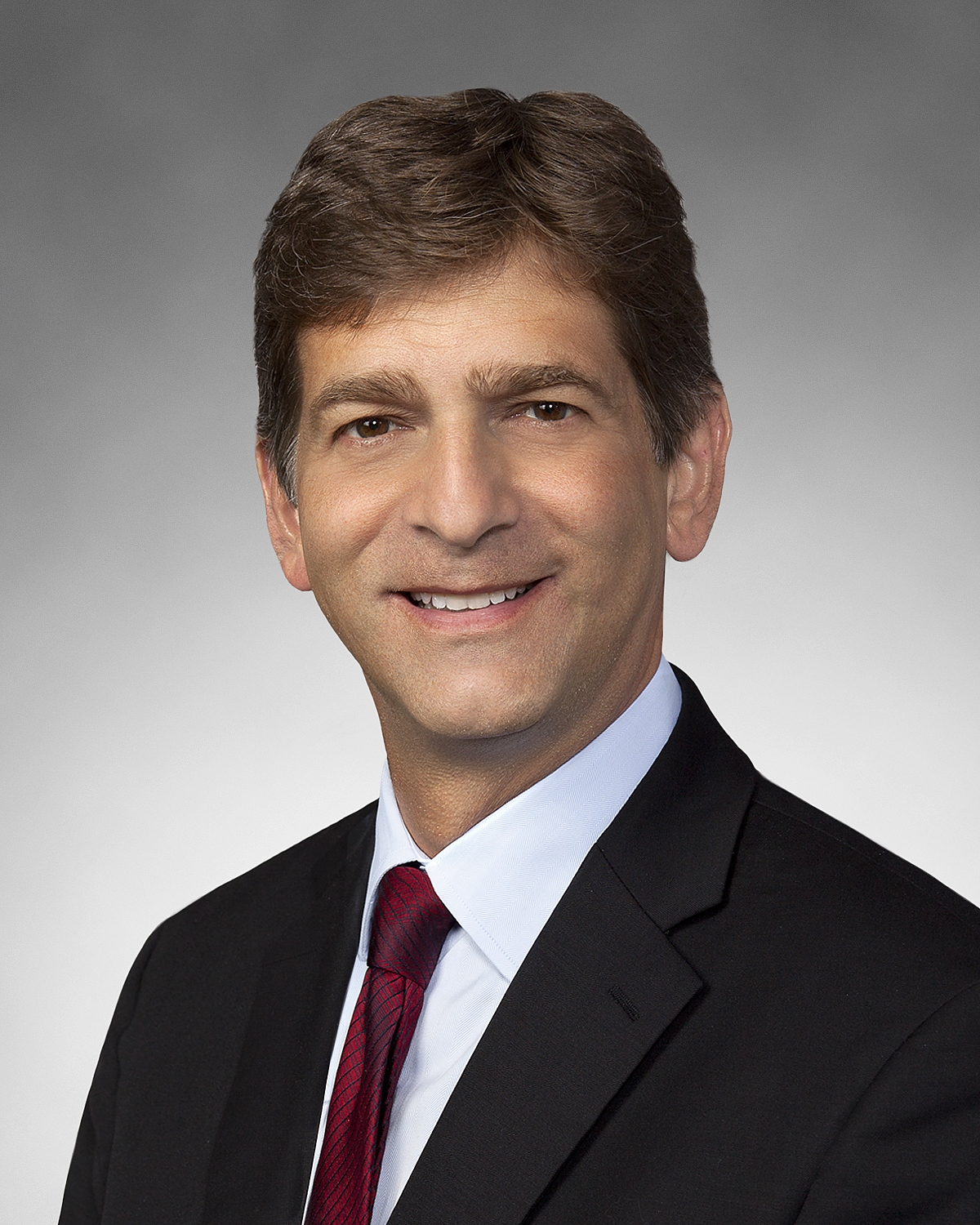
Anthony Marino, President and Chief Executive Officer of Vermilion Energy Inc., is an accomplished senior executive with a proven track record of high shareholder returns during his 36-year career in the energy industry. Mr. Marino joined Vermilion in 2012 as Chief Operating Officer, was named President in 2014 and Chief Executive Officer in 2016. He joined Vermilion’s board of directors in 2016. Prior to joining Vermilion, Mr. Marino held the position of President and Chief Executive Officer of Baytex Energy Corporation, after initially serving as Baytex’s Chief Operating Officer. Previously, Mr. Marino held the role of President & Chief Executive Officer of Dominion Exploration Canada Ltd., a division of Dominion Resources Inc.
In this exclusive 3,290 word interview in the Wall Street Transcript, Mr. Marino details the investment opportunities for his company:
“…We have always had a tremendous focus on capital efficiency. That is very important in a capital-intensive business like oil and gas. It allows us to pay a dividend and to grow the company with internally generated cash flow. So we end up with what I think is a very attractive equity security for investors: a monthly dividend, which has been increased four times over the history of the company and has never been reduced.”
The company has an unusual production footprint:
“…In 1997 we began what has been a very long and successful international diversification by becoming an oil producer in France, and we now dominate the domestic oil production industry there. We continued to grow and expand the company internationally by entering the Netherlands in 2004. We are now the second-largest gas-producing company in onshore Netherlands. We entered Australia in 2005 and Ireland in 2009. We now operate the gas field in Ireland that makes up almost all of Ireland’s domestic gas production. We listed on the NYSE in 2013, so now we’re interlisted, on the TSX and NYSE.
In 2014, we acquired production in Germany and in the United States in Wyoming. And over the last few years, from 2014 to 2017, we set up a business in central and Eastern Europe. We’re now the largest oil and gas landholder in Croatia, we produce in Hungary, and we’re the number-two landholder in Slovakia.”
This leads to pricing power that is rarely seen in the Oil & Gas sector:
“…Our European gas is extraordinarily high priced compared to North America. Today, the price for natural gas in Europe is about 2.5 times what it is in the United States, and it’s a very, very significant multiple of the gas price in Canada. So this is a real differentiating factor.”
To find out more about Anthony Marino and his unique oil & gas production strategy, read the entire 3,290 word interview in the Wall Street Transcript.
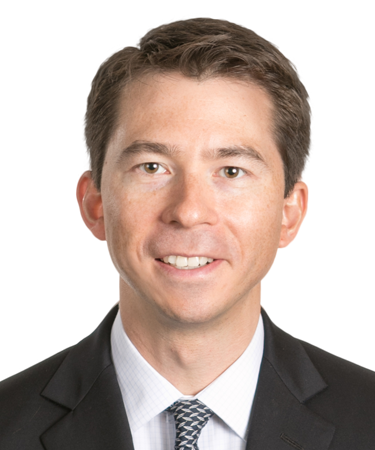
Noah Barrett is a Research Analyst at Janus Henderson Investors and lead on the firm’s energy and utilities research team. Prior to joining Janus in 2015, he served as Vice President with Institutional Capital LLC, specializing in analysis and stock recommendations for the energy and transportation sectors. Mr. Barrett’s experience also includes working as an equity research analyst with Fiduciary Management Associates LLC and as an associate in the credit risk management department at Morgan Stanley.
In this exclusive 3,072 word interview with the Wall Street Transcript, Noah Barrett reveals the investment recommendations he thinks will work best in 2019. His analysis is based on a body of work from his team:
“One thing we pride ourselves on is doing a lot of in-depth, grassroots research, and we feel our edge is understanding the companies, their business models and management incentives better than our peers.”
The oil price for sustainable free cash flow has dropped, creating an opportunity for investors:
“Specific to the E&Ps, one thing that we’re focusing on are E&Ps that can deliver free cash flow at some reasonable oil price, and we define reasonable as $50 WTI. If companies can set their budgets at $50 WTI, grow production at some high-single-digit, low-double-digit rate while spending within cash flow and, more importantly, generating some excess cash flow, I think those companies will be rewarded in the market. Three to four years ago, you’d be surprised if any U.S. onshore E&P could generate free cash flow at $50 WTI, but I do think there are some companies today that can actually deliver on that promise.”
One pick among many is EOG:
“In E&P, my favorite name is EOG Resources (NYSE:EOG). It’s always been viewed as a best-in-class E&P and, as a result, has usually traded at a notable multiple premium to its peer group. Recently, that relative premium has compressed quite a bit, and I see an attractive entry point to buy a best-in-class E&P that’s trading at a slight premium to peers versus its historical average. We like a lot of things about EOG, including its strong track record of operation excellence and the company’s differentiated culture.”
To get all the picks, and Noah Barrett’s complete picture of the Oil & Gas Sector, read the entire 3,072 word interview in the Wall Street Transcrpt.
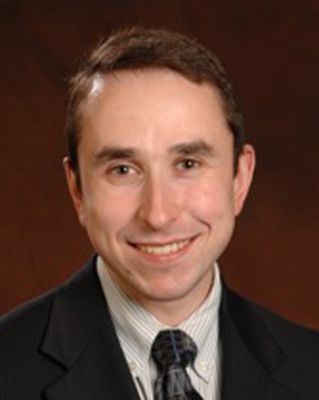
Pavel Molchanov is a Senior Vice President and Equity Research Analyst at Raymond James & Associates, Inc. He joined the firm in 2003 and began work as part of the energy research team, becoming an analyst in 2006. He initiated coverage on the alternative energy/clean technology sector in 2006, followed by the integrated/multinational oil and gas sector in 2009. Mr. Molchanov has been recognized in the StarMine Top Analyst survey, the Forbes Blue Chip Analyst survey and The Wall Street Journal Best on the Street survey.
In this exclusive 1,982 word interview with the Wall Street Transcript, Pavel Molchanov details his top picks for 2019 and his reasoning behind them:
“Our forecast is that oil prices 12 months from now will be approximately 50% higher than where they started 2019, and we anticipate that, on a full-year basis, 2020 will mark the cyclical peak for oil prices.”
Mr. Molchanov is not shy about sharing his negative calls:
“Exxon, by its nature, has an asset base that is not well-positioned in the context of rising oil prices. When oil prices go up, the rising tide lifts all boats, but Exxon would tend to be one of the least exciting ways to play an oil recovery. It’s the world’s largest refiner. It’s the world’s third-largest chemical company. It’s also a major player in North American and European natural gas where, as I mentioned, economics are quite different from oil.
And so if our bullish oil forecast proves out, then Exxon’s earnings would have less upside relative to just about anybody else in the peer group…”
And he has several top picks to share with investors, including:
“On the large-cap side, Occidental Petroleum (NYSE:OXY). On the spectrum of E&P companies, Occidental is on the defensive side, but for investors who are looking for some income, this is one to look at. The dividend yield is 5%, which is the highest of any U.S. E&P company, but this is also a growth company largely because of its Permian Basin assets.”
To get all of the Pavel Molchanov’s Oil & Gas Sector insights, read the complete 1,982 word interview in the Wall Street Transcript.

Rick Weiss is Chief Bank Strategist of Ambassador Financial Group. Mr. Weiss joined Ambassador Financial Group in 2015 as Managing Director, Head of Investor Relations. Selected by Forbes and Starmine in 2015, 2010 and 2006, Mr. Weiss is recognized as one of the top stock-pickers for the thrift and mortgage finance industry. He was also named by The Wall Street Journal as “Best on the Street.”
In this exclusive 2,018 word interview in the Wall Street Transcript, Mr. Weiss describes in detail the current market for US community banking and whether you should invest.
One of the largest strategic issues confronting community banks is their access to technology:
“Over the long term, it is easy to see that community banks will resemble a financial technology company with a bank charter, rather than continuing to operate as a traditional community bank that uses financial technology simply as another delivery system to engage local customers.”
An upside is noted for those banks that can successfully merge into an existing asset base:
“Attracting core deposits is easier said than done. In some cases, banks that cannot grow organically will attempt to gain better funding through mergers and acquisitions…An example of a bank that is experienced with acquisitions and has had success with integration is OceanFirst Financial Corp.(NASDAQ:OCFC) of New Jersey.
OceanFirst recently announced another deal, which is their fifth in four years. It seems like a lot, but they have managed to keep the right people and keep earnings moving forward. That would be just one example of an acquisition strategy that works well.”
Regulatory challenges also concern Mr. Weiss:
“…The new accounting standard, the comprehensive expected credit losses, or CECL, which is going to require banks to establish loss reserves for potential losses over the contractual life of the loan. The current accounting is the incurred loss model. CECL will take effect in 2020 and is designed to produce higher loss estimates and higher reserves. So what happens in 2020 if the credit cycle turns sour?”
Read the entire 2,018 word interview in the Wall Street Transcript.
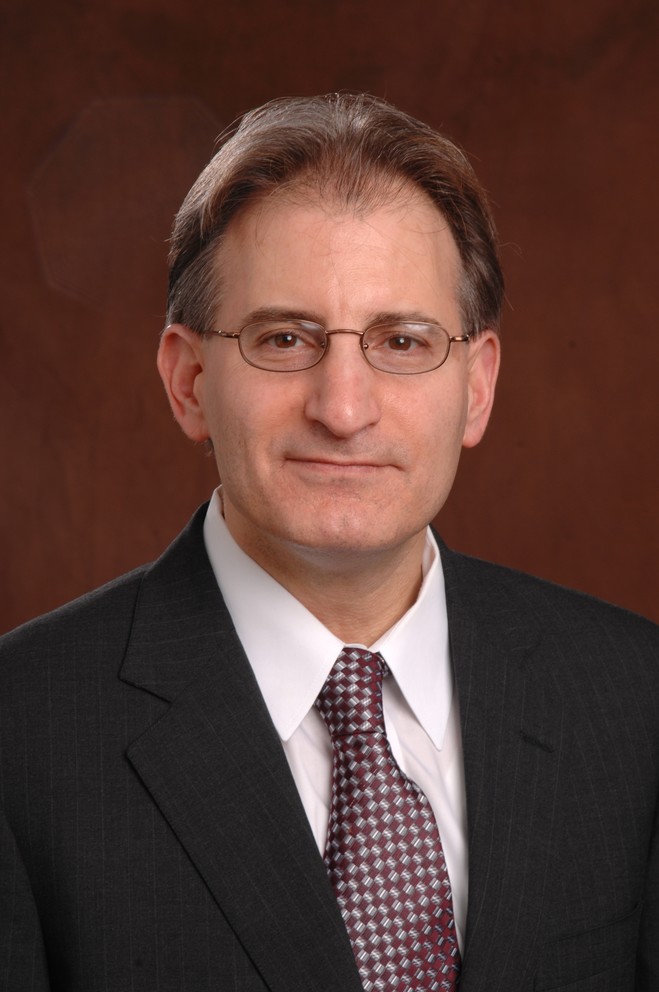
Anthony Polini is the Director of Research at American Capital Partners, LLC where he specializes in the banking industry. Mr. Polini was previously a sellside analyst at Raymond James Financial. Prior to that, he served at Midwest Research, A.G. Edwards and Prudential Securities.
He has received numerous professional accolades and has been frequently quoted by the press. He has appeared regularly on CNBC, as well as various TV news and business programs. He earned his B.A. in psychology and philosophy from the University of Pennsylvania and has an MBA in finance from St. John’s University.
In this 2,405 word interview, exclusive to the Wall Street Transcript, Mr. Polini reveals a strategy for maximizing returns from bank stocks:
“We have had a dramatic selloff on the FANG — Facebook (NASDAQ:FB), Amazon (NASDAQ:AMZN), Netflix (NASDAQ:NFLX), Google (NASDAQ:GOOG) — stocks, which tended to be stabilizers at least for the past few years, even when the broad market has pulled back. Select few stocks have carried the market forward. At the end of the day, we have a typical cyclical move now where the banks are dramatically underperforming. They have underperformed every quarter this year. ”
This pullback has exposed two important bank stock opportunities:
“We only have two strong “buys.” One was actually doing well recently until the market fell apart, and that is New York Community (NYSE:NYCB). The other one is Lakeland Bancorp (NASDAQ:LBAI), which is a small-cap bank with excellent fundamentals and high takeover appeal. New York Community is a special situation in that it had substantial regulatory relief in 2018, and that does bode well for its ability to not only grow the balance sheet but to participate in M&A activity.”
Get the entire detail on these upside opportunities and more by reading the entire exclusive 2,405 word interview with Anthony Polini in the Wall Street Transcript.